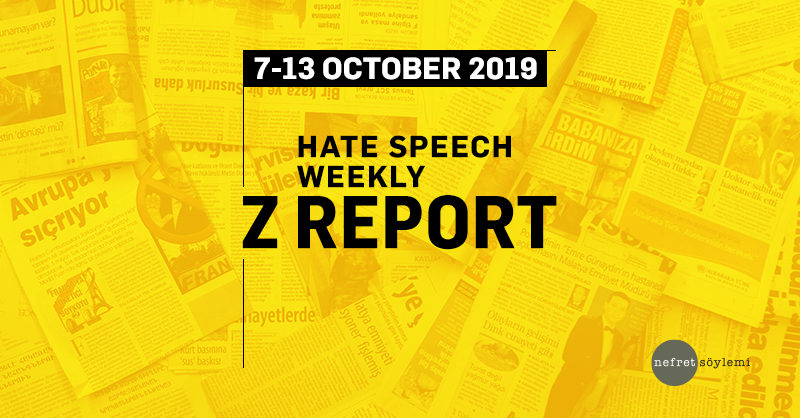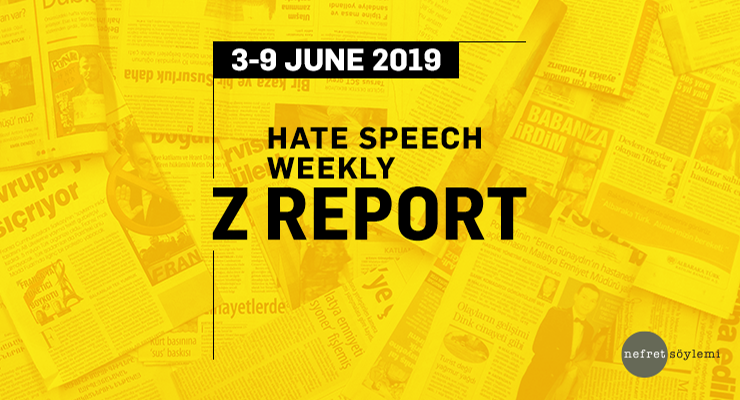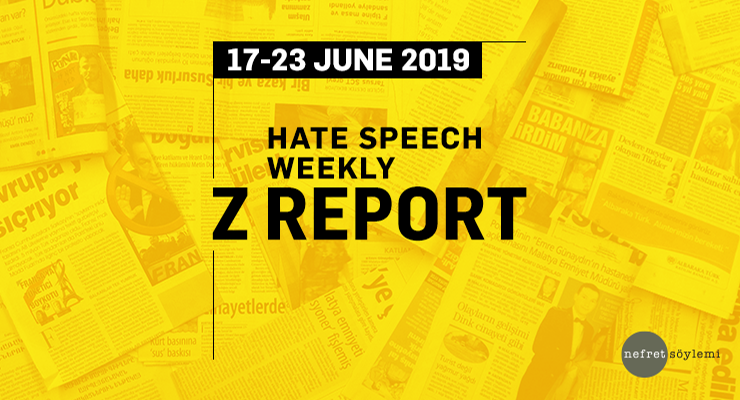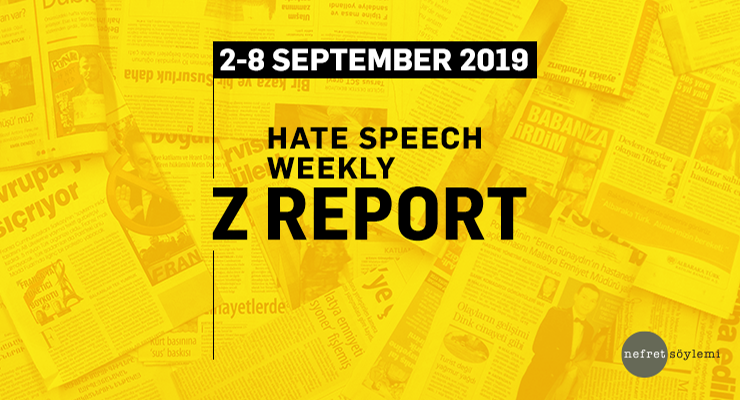Within October 7-13, 2019, three articles that generate hate speech were selected from print media. You can find three articles that contain hate speech against Arabs, Germans, and Christians as well as the analyses written about them below.1
1.
The article published in Sözcü with the title “We declared mourning for the Saudi king and Arabs stabbed us in the back” reports the Arab League’s decision about Turkey’s Peace Spring Operation. The title accuses all Arabs of betrayal; with the remark “The saying ‘Turks have no friend other than Turks’ is approved once again” above the title, the enmity against Arabs is reinforced. |
2.
The article published in Fotomaç with the title “This is what we expect from Germany” reports St. Pauli football team’s reaction against its player Enver Cenk Şahin about his social media post supporting the Peace Spring Operation. With the statement “Germans showed their racism and anti-Turkism once again”, the article regards this reaction as racism and attributes it to all Germans. Thus, it labels Germans as “racist” and “anti-Turk”, reinforcing negative opinions about the identity. |
3.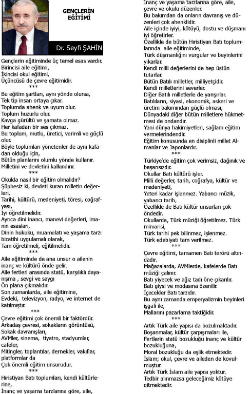
Seyfi Şahin, in his column titled “Education of the youth”, writes: “Christian Western societies regulate family, environment, and school in accordance with their culture, beliefs, and lifestyles. In the family, they teach about the bad and the good, the friend and the enemy. Especially in all Christian Western societies, anti-Turkism is emphasized and children are brainwashed. They always put ahead of their national values.” With these remarks, he reinforces the perception of enmity against Christian and Western societies which he labels as “anti-Turk”. |
1. Within the scope of the media monitoring work focusing on hate speech, all national newspapers and around 500 local newspapers are monitored based on pre-determined keywords (e.g. Traitor, apostate, refugee, Christian, Jewish, separatist, etc.) via the media monitoring center. While the main focus has been hate speech on the basis of national, ethnic and religious identities; sexist and homophobic discourses are also examined as part of the monitoring work.

